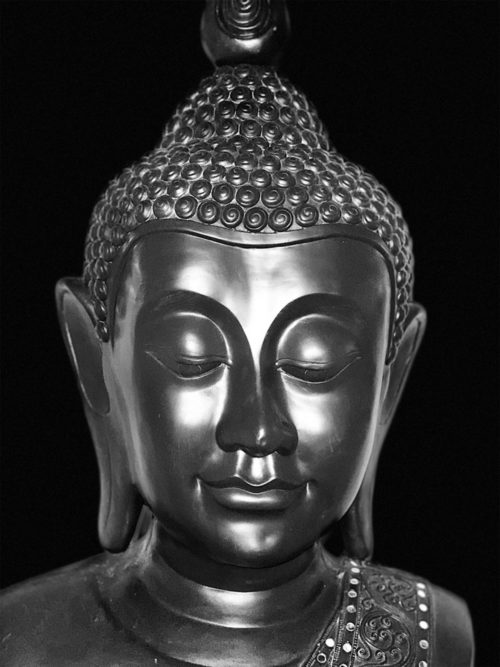OBJECTIVE:
To assess the clinical efficacy of acupuncture and moxibustion on depression in view of the outcome indicators of the patient’s subjective reports.

There are times when we go through depression. Acupuncture however can open up the pathway for you.
METHODS:
One hundred and sixty-three cases of depression being in compliance with the inclusive standards were randomized into a soothing-liver and regulating-mind group, an acupoint-shallow-puncturing group, and a non-acupoint-shallow-puncturing group. In the soothing-liver and regulating-mind group, the conventional acupuncture was applied to the four-gate points [Hegu (LI 4) and Taichong (LR 3)], Baihui (GV 20) and Yintang (EX-HN 3), the direct moxibustion with moxa cone was applied to the four-flower points [Geshu (BL 17), Danshu (BL 19)]. Finally, the intradermal needling was used at Xinshu (BL 15) and Ganshu (BL 18). In the acupoint-shallow-puncturing group, the acupoints selected were the same as those in the soothing-liver and regulating-mind group. But the needle insertion was shallower and the time of moxibustion was shorter. In the non-acupoint-shallow-puncturing group, the spots that were 10 mm lateral to those acupoints in the soothing-liver and the regulating-mind group were selected. The operation was the same as that in the acupoint-shallow-puncturing group. The treatment was given twice a week in three groups. Totally, 12 weeks of treatment were required. The score of symptom checklist 90 (SCL-90), the self-report symptom inventory was observed before treatment, 1 month and 3 months after treatment separately so as to assess the corresponding short-term, mid-term, and long-term efficacies of the program of acupuncture and moxibustion for soothing the liver and regulating the mind.
RESULTS:
In each time-point after treatment, for the scores of somatization, obsessive-compulsive symptom, interpersonal sensitivity, depression, anxiety, hostility, paranoid ideation, psychoticism, and the other 8 dimensionalities, in the comparison between the soothing-liver and regulating-mind group and the non-acupoint-shallow-puncturing group, the differences were significant statistically (all P
CONCLUSION:
Acupuncture and moxibustion can improve the scores of SCL-90 scale for patients with depression. The outcome indicators of the patient’s subjective reports can accurately assess clinical efficacy.
Resources:
– SOURCE: Department of Acupuncture and Moxibustion, Guangdong Provincial Hospital of TCM, Guangzhou 510120, China.
http://www.ncbi.nlm.nih.gov/pubmed/22650118